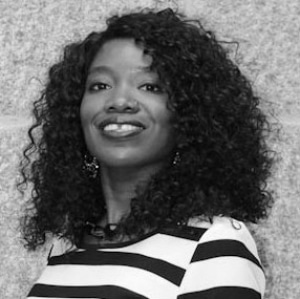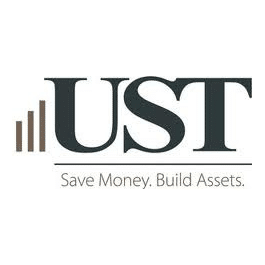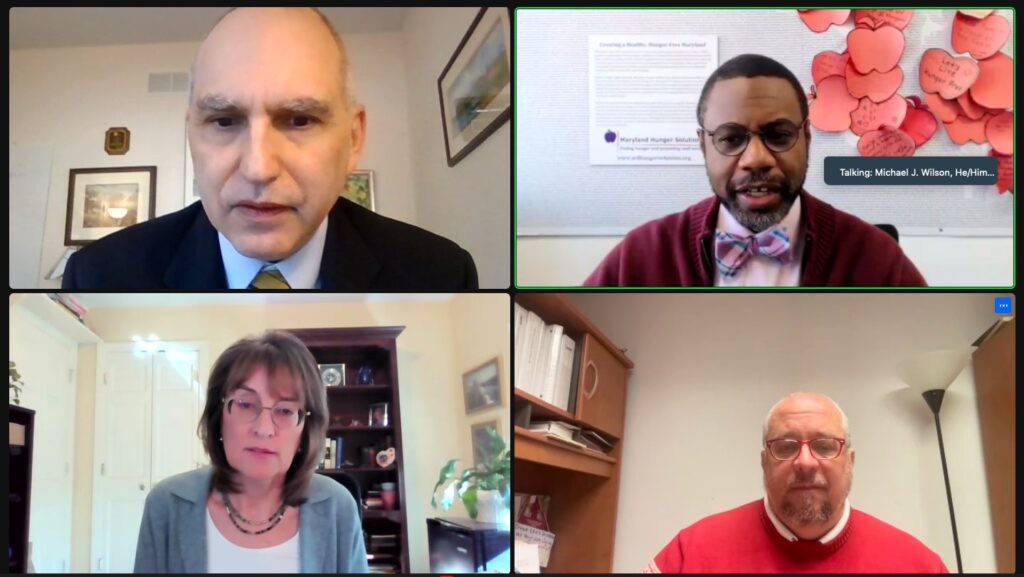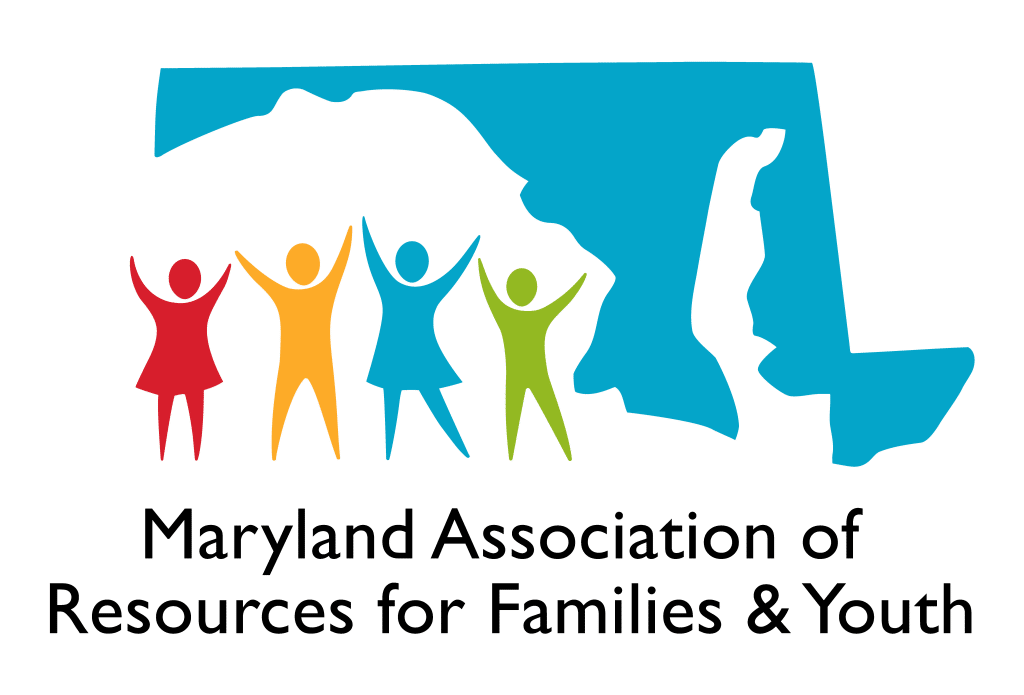By Joy Spencer, Consultant, Joy Spencer Consulting
Twitter: @joyful9802

During more than 13 years working across a broad range of social justice and community mobilization issues, I’ve had my fair share of triumph and pain through collaboration. Whatever your industry or sector, as professionals we all recognize the importance of collaboration to engage our partners in a process that has the potential to create much good. Depending on the goals of our institutions this “good” could be a new product, a service, increased profits, or improved lives. However, there are often an extensive series of processes and procedures that stand between our teams and these desired end products. The journey of “creation through collaboration” is frequently fraught with conflict and misunderstanding caused by breakdowns in communication and inefficiencies within and between our organizations. At these moments it is sometimes only the allure of the desired outcomes that motivates us to keep projects on track.
When looking to improve collaborations, it is tempting to identify and fix bad policies and inefficient
processes,
and introduce technology to improve our communication. However, these actions don’t go deep enough to address the root of problems that lead to problematic collaborations. This is
because
at its core, collaboration is primarily a social and human endeavor. You can’t simply throw a tool or technology at a bad collaboration and expect that it will automatically improve. Even when tools are able to move us through problems and hammer out the desired outcome, the human relational cost in terms of mistrust in the system, or in our fellow partners, can have far reaching repercussions and impact future projects.
Improving collaborations
requires
a change in our thinking which demands a deliberate and intentional focus on how our team members are interacting and relating within their professional relationships, and not just why we have come together. It requires
acknowledgement
that there are ways to improve collaboration skills among
individuals,
and that there must be an investment to
insure
this happens. The meat and potatoes of good collaboration
is
about how we manage the human, not just the project process.
This requires that we fundamentally challenge our assumptions about what collaborations create and why they are important. The desired end products of completed projects, events or services are not the only things created in the process. When done badly, collaborations can create disastrous consequences: destroyed relationships, missed opportunities, and reluctance to revisit what may still be good ideas. Teams must be aware of these risks and have the skills to know there are times when the best move is to completely forgo what may appear to be a promising collaboration. Sometimes, being a great collaborator is as much about things that you need to stop doing as it is about things you need to do.
So, how do you know when it’s a bad move to enter into a collaboration? How do you improve the human process and not just the project process of your collaborations? How do you ensure that you are not getting lost in the outcome you want, and missing all the potential pitfalls of how you are collaborating along the way? Contrary to popular opinion, you shouldn’t necessarily begin with the end in mind. You must learn how to begin at the beginning and in the present moment with “who” is in the room and “how” they already show up. Who you are as an individual and team, and how you already operate, will have a greater impact on your collaborations than any work you do to articulate and project your desired goals and outcomes. Improving your collaborations requires greater awareness of these facts and the skills to harness them to your advantage.
To this end, there’s nothing that I love more than using my workshop to challenge my fellow social changemakers–in whatever industries we find ourselves–to do the hard work of changing our world by changing our own thinking. Without a change in our thinking and
assumptions
we can’t identify why what we’re doing isn’t really working or achieving the results we want. We’re not simply going to talk about being better collaborators during my workshop. We’re actually going to do the work, and do it in a way that whether you are in the midst of your best or your most problematic collaboration, you’ll have the tools to pivot and make things better.
 Want to join my workshop? Register for How to be a Better Collaborator at Maryland Nonprofits’ Annual Conference, Celebrating Success – Inspiring Innovation, on September 29,
Want to join my workshop? Register for How to be a Better Collaborator at Maryland Nonprofits’ Annual Conference, Celebrating Success – Inspiring Innovation, on September 29,
2016
at the Baltimore Convention Center.
![]() Follow Maryland Nonprofits on Google+, Facebook, Twitter, and LinkedIn.
Follow Maryland Nonprofits on Google+, Facebook, Twitter, and LinkedIn.
Looking for a new nonprofit career? Follow @MDNonprofitJobs.






